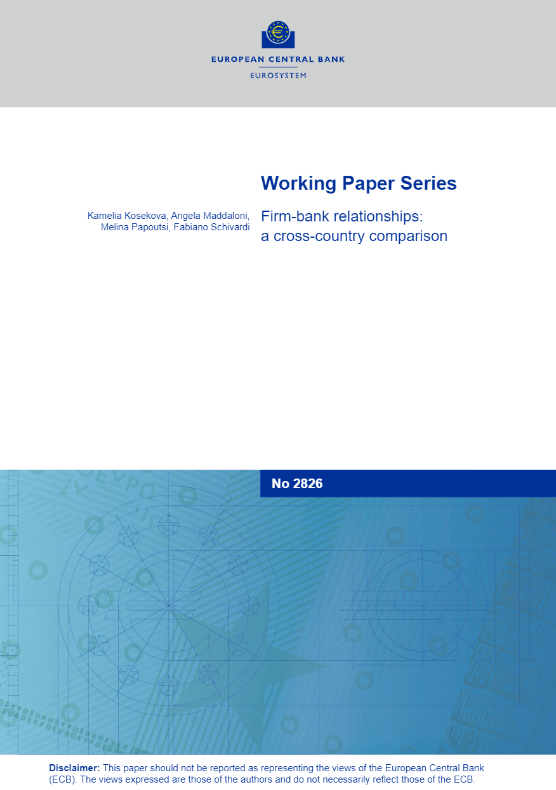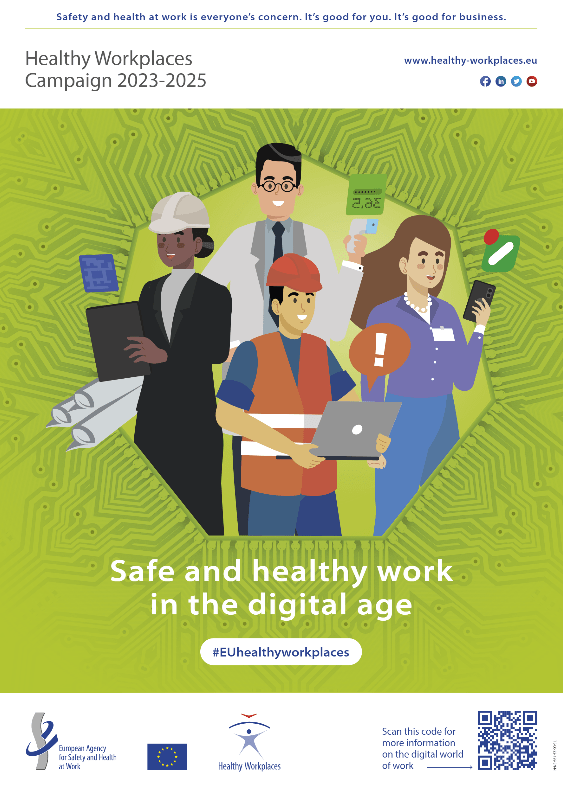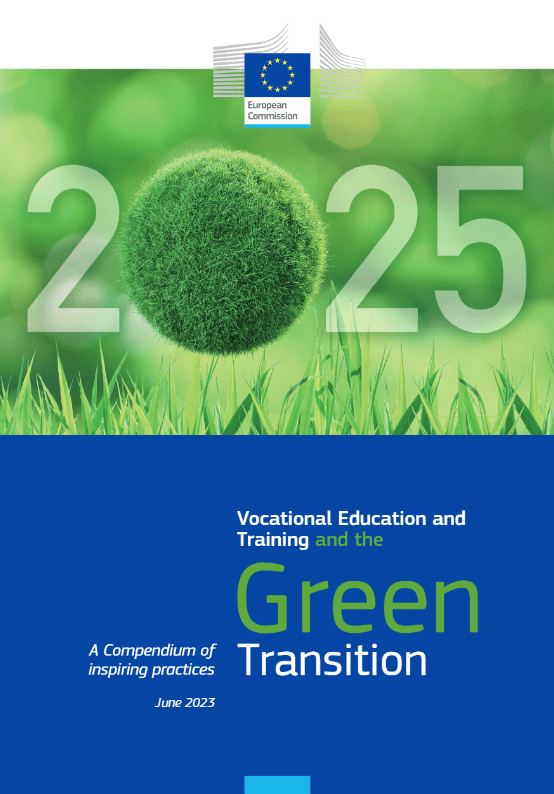
CDE Almería - Centro de Documentación Europea - Universidad de Almería
Centro de Documentación Europea de la Universidad de Almería
Cultura y Educación
Documentación comunitaria en las áreas de Cooperación Internacional Universitaria, Digitalización en el Ámbito Educativo, Espacio Europeo de Educación Superior y Patrimonio Cultural Europeo. Contiene también las últimas noticias, mediateca y boletines relacionados con la materia.
Estás aquí: Fondo Digital CDE > Cultura y Educación

We document the structure of firm-bank relationships across eleven euro area countries and present new stylised facts using data from the Eurosystem credit registry – AnaCredit. We look at the number of banking relationships, reliance on the main bank, credit instruments, loan maturity, and interest rates. Firms in Southern Europe borrow from more banks and obtain a lower share of credit from the main bank than those in Northern Europe. They also tend to borrow more on short term, more expensive instruments and to obtain loans with shorter maturity. This is consistent with the hypothesis that firms in Southern Europe rely less on relationship banking and obtain credit less conducive to firm growth, in line with their smaller average size. Relationship lending does not translate in lower rates, possibly because banks appropriate part of the surplus generated by relationship lending through higher rates.
[Leer Más]Safety and health at work is everyone’s concern. It’s good for you. It’s good for business.
[Leer Más]The transition to an environmentally sustainable, circular and climate-neutral economy has significant social, economic and employment impacts. Ensuring that all citizens obtain the necessary knowledge, competences, skills and attitudes to cope with these changes is vital to a socially-just transformation of the EU. Vocational education and training (VET) has a key role to play to help young people and adults develop skills so they can thrive in their careers and lives. The European Education Area Working Group on VET and the Green Transition enables technical exchanges and contributions to help countries implement the principles and objectives of the Council Recommendation on vocational education and training, and the Osnabrück Declaration. As part of its mandate, this Working Group has collected a set of inspiring practices from across Europe, presented in a Compendium. These are the key lessons from those practices.
[Leer Más]- « Anterior
- 1
- …
- 103
- 104
- 105
- 106
- 107
- …
- 1.120
- Siguiente »
Noticias relacionadas
Boletines CDE
- BOLETÍN INFORMATIVO EDUCACIÓN Y CULTURA EN LA UE (Nº9)
- BOLETÍN INFORMATIVO EDUCACIÓN Y CULTURA EN LA UE (Nº8)
- BOLETÍN INFORMATIVO EDUCACIÓN Y CULTURA EN LA UE (Nº7)
- BOLETÍN INFORMATIVO EDUCACIÓN Y CULTURA EN LA UE (Nº6)
- BOLETÍN INFORMATIVO EDUCACIÓN Y CULTURA EN LA UE (Nº5)
- BOLETÍN INFORMATIVO EDUCACIÓN Y CULTURA EN LA UE (Nº4)
- BOLETÍN INFORMATIVO EDUCACIÓN Y CULTURA EN LA UE(Nº 3)
- BOLETÍN INFORMATIVO EDUCACIÓN Y CULTURA EN LA UE (Nº 2)
- BOLETÍN INFORMATIVO EDUCACIÓN Y CULTURA EN LA UE (Nº1)








